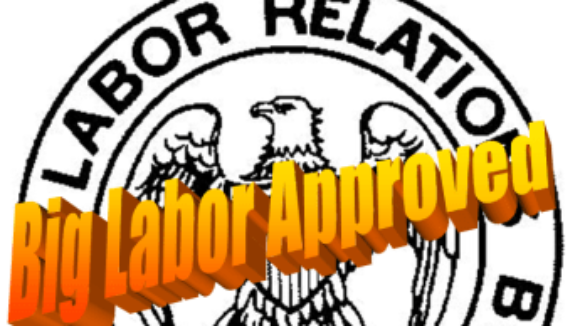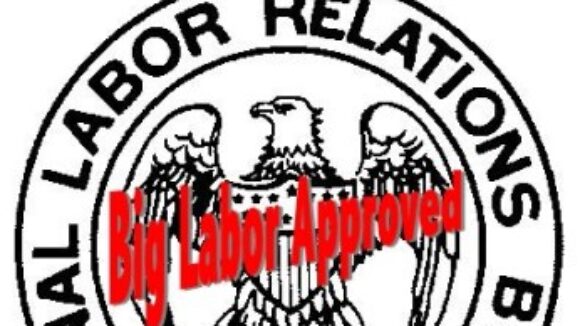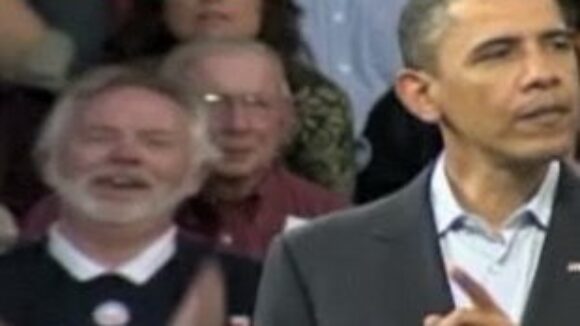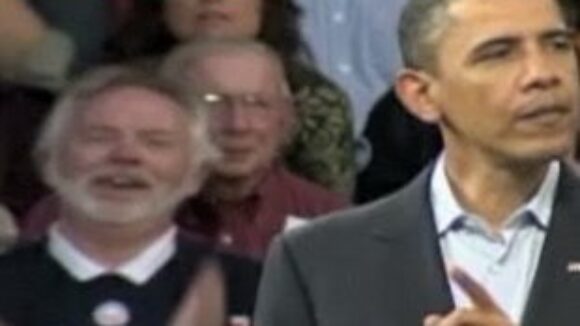NRTW "aggressively" pursues recusal motions against NLRB member Craig Becker
The New American Reports: The National Right to Work Foundation [NRTW] has aggressively pursued recusal motions against Craig Becker, a recess appointment by President Obama to the National Labor Relations Board. Becker had previously served as associate general counsel for the AFL-CIO and the Service Employees International Union, an organization which has come under increasing scrutiny in connection to illicit activities by Obama and his supporters. Becker took an ethics pledge last April, at the time of his recess appointment, in which he swore to abstain for a period of two years from involving himself in any matter before the board in which a client or former employer had been involved. Despite this pledge, the NRWF [NRTW] has identified cases involving SEUI locals and in which Becker participated in the cases. Becker has insisted that local unions are “separate and distinct entities” from the SEIU itself. This contradicts the SEIU Constitution, which presumably Becker would know something about as counsel for that organization, and which describes local affiliates as “constituent subordinate bodies” of the national union.



